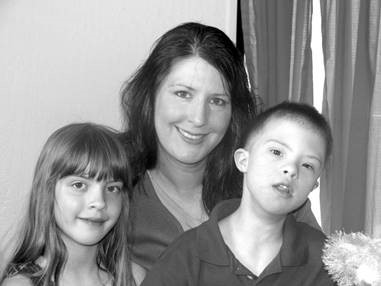
This story reinforced what we, at the National Center for LGBTQ Rights, had known—that even a small change in how providers talk to clients can make LGBTQ people feel safe enough to share their experiences and seek help. This is also the reason why I traveled to Tennessee a couple of weeks ago, to train advocates representing low-income people in how to competently and respectfully serve low-income LGBTQ clients. Together with Lisa Cisneros, LGBTQ Program Director at the California Rural Legal Assistance (CRLA), we trained representatives from all of the state’s legal aid organizations serving low-income individuals. Our work is part of NCLR and CRLA’s joint project to improve these type of legal services across the country.
Unfortunately, there are thousands of low-income LGBTQ people in need of legal services but most local legal aid groups are not trained in serving LGBTQ clients. As a result, many LGBTQ people often feel discouraged from seeking legal advice and many lose their ability to enforce their rights. Our project provides the tools these groups need in order to provide respectful services to low-income LGBTQ clients and to create a welcoming environment for them in every office.
NCLR and CRLA have done similar trainings in Georgia, California, and Texas. One of our goals is to reach offices serving rural communities. We are pleased that in these states, the project has led to widespread changes that has help LGBTQ people access quality legal services, including:
- Rewriting procedures to show support for the LGBTQ community by never assuming clients are not LGBTQ and asking gender-neutral questions about family relationships
- Organizing legal trainings to ensure that legal representatives know how to effectively advocate for LGBTQ clients and their families
- Changing bathroom policies to allow everyone to use a safe and appropriate bathroom
- Changing how case information is recorded so that transgender clients are always referred to by their lived names, even if they have a different legal name
- Creating an LGBTQ task force to improve services for LGBTQ clients in all areas of the organization
We are proud that our work have been met with a lot of excitement. Legal advocates are eager for this type of training and want to provide the best possible representation to their LGBTQ clients.
Our goal is to spark a nationwide change in all legal services programs, so that every person can have equal access to justice.









